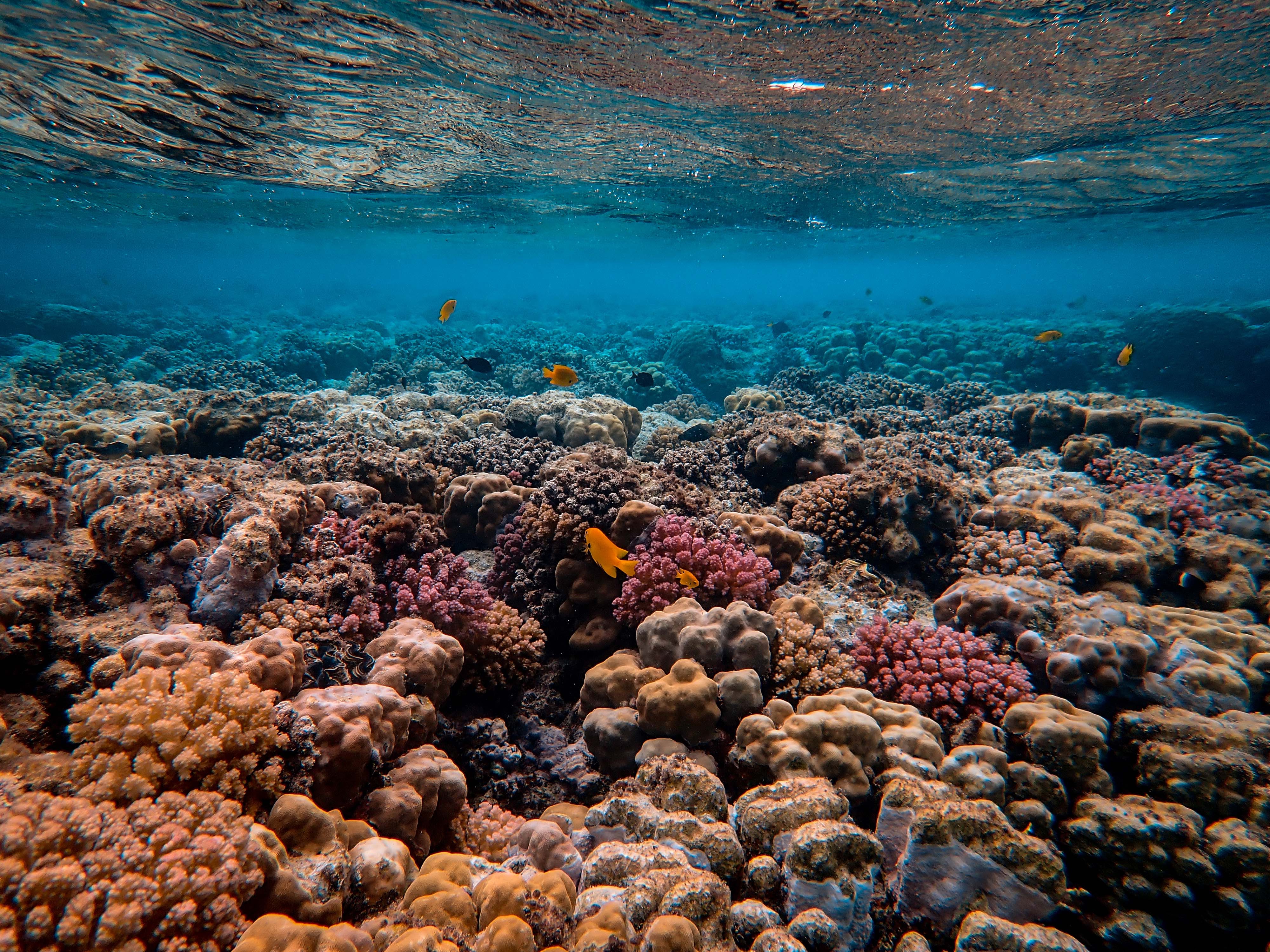Attachments
Note: Not all attachments are visible to the general public. Research URLs will go live after the embargo ends.

Journal/
conference: One Earth
conference: One Earth
Research:Paper
Organisation/s:
Macquarie University, University of New Caledonia
Funder:
We thank the Environmental and Earth Science department of the Macquarie
University for support. This work was also supported by the Wildlife Conservation
Society. Funding for S.D. was provided by the Laboratory of Excellence ‘‘Corail’’ (LIVELIHOOD project, grant EPHE IRD PD A02020), France.We thank
the IUCN and World Resources Institute for data collection, dissemination, and
guidance on data use. The authors thank two anonymous reviewers and Anthony
J. Richardson for invaluable feedback and suggestions that have
strengthened this paper.



 Australia; Pacific; International; NSW
Australia; Pacific; International; NSW


